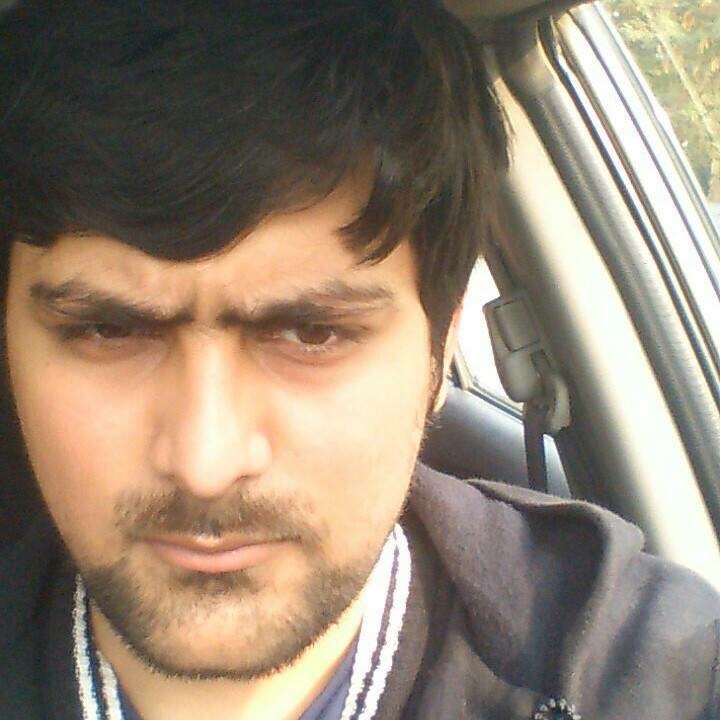Feminist Movements in Pakistan
4 minute read
Background
- In Pakistan, the women movement has been vibrant due to issues like:
- gender violence
- gender discrimination
- women’s right to life, health and education
- Women in Pakistan face a lot of gender prejudice due to a male dominated society, tribal systems, religious interpretations and feudal mindset.
Evolution
- The history of activism for women rights in Pakistan as its roots in the colonial era of nineteenth century as they faced extreme discrimination in matters of education, basic rights, etc.
- Post-independence, women were given several rights:
- right to vote
- right to participate in elections
- right of inheritance
- The Zia era had a defining impact on the working dynamics of women’s movement. The connection between violence against women and human rights became clear in context of the oppressive laws that were responsible for increased violence and constant new proposals to terminate women rights and curtail their spaces.
- Women were among the first articulating public opposition to the Marshall Law regimes and civil society activism in the early 1980’s was driven by these women activists who were among the founders of the human rights commission of Pakistan.
- Through the passage of time, with the help of activists, numerous laws were established for a better status for women:
- Dowry and Bridal Gift Restriction act (1976)
- Criminal Law Act (2004)
- Protection of Women Act (2006, revised the Hudood Ordinance)
- Protection of Harassment of Women at Work Place (2010)
- Prevention of Anti-Women Practices Act (2011)
- Domestic Violence Act (2012)
- Enforcement of Women Ownership Rights Act (2012)
- In spite of all these mentioned and numerous other laws, women still face discrimination.
- The women movement in Pakistan mainly consists of upper and middle class urban and educated professional of women activists. They have been criticized as an elite group of westernized women who are out of touch with the problems facing the majority of Pakistani women.
- Only a small number of women could benefit the laws and policies established. For majority of women their boundaries and limitations are still shaped by the domestic environment.
Famous Organizations
- All Pakistan Women Association (APWA): It was established in 1949. It aimed at providing moral, social, and economic welfare for women.
- Women Action Forum (WAF): It was founded in 1981 in response to the Hudood ordinance.
- Aurat Foundation (AF): It was founded in 1986. it works to provide information and undertake advocacy for women issues and good governance.
- The Human Rights Commission of Pakistan (HRCP): It was established in 1987. It has established a leading role in the struggle for the provision of human rights for all and democratic development in the country.
- National Commission on the Status of Women NCSW): was established in 2000. The NCSW examines policies, programs and measures taken by the state for women development and gender equality.
Contributors
- Raána Liaqat Ali Khan, established APWA and Pakistan Women National Guard (PWNG).
- Jahan Ara Shah Nawaz and Shaista Ikram Ullah ware members of the first legislative assembly of Pakistan. Their first led to the Muslim Personal Law (1948), charter of women rights (1956) and the Muslim family law Ordinance (1961).
- The following women contributed to the feminist movement in the Urdu Literature:
- Ishrat Afreen
- Ada Jafri
- Hajra Masroor
- Fehmida Riaz
- Parveen Shakir
- Begum Akhtar Riaz Uddin
- Zaib-un-Nisa, a writer and journalist is considered as the pioneer of feminism in Pakistan. She is served as the face of independence, professional Pakistani
women and defined the role of women in the term of contribution towards society.
- Rubina Saigol is a Pakistani feminist scholar and educationalist. She has authored and edited several books and papers in English and Urdu. Her scholarly work explores the themes of gender, education, nationalism, the state, ethnicity, religious radicalism, terrorism, feminism and human rights. She is a senior member of Women Action Forum and co founder of Ajoka Theatre Group.
Contemporary Situation
- Although the constitution of Pakistan calls for gender equality, women still face numerous challenges to survive in the society.
- A report published and Aurat Foundation claimed that violence against women has increased by 4.97 % in 2013.
- In 2017, Pakistan was ranked at 133 out of 160 countries in the UNDP Gender Inequality Index (GII).
- There are individual contributions by numerous women in the progress of the country, but the overall status of women empowerment is unpleasant.
- The media has taken initiative on numerous subjects regarding gender discrimination. On the other hand, it is also criticized for glamorizing and presenting women as a commodity or exploiting their grievances.
- The risk of arrest, stigma and family alienation that may result from public activism is more easily accepted by women who have the advantage of social and political connection to the elite class of country.
Conclusion
- Feminism in Pakistan has raised question about the man dominated system, in which women find themselves formally and informally excluded of power. Though it is true women has played a significant role, throughout history. It is still felt that the real power still lies with men and the customs of the legally feudal and tribal culture.
